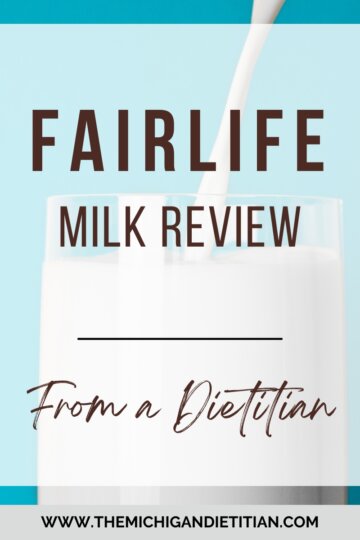Multivitamins may sound like something just for kids, but are you sure you don’t need one too?
What is A Multivitamin?
A multivitamin is a dietary supplement. It is often used in a pill or gummy form but they also come as a tablet, powder, or liquid. It has a plethora of different vitamins such as: Vitamin C, Vitamin B Complex (B1, B2, B3, B5, B7, B9, B12), Vitamin A, Vitamin D2 or D3 (different types of Vitamin D), Vitamin K, potassium, iodine, selenium, borate, zinc, calcium, magnesium, beta-carotene all in a single pill.

Do Multivitamins Work?
Yes! And no. Because a multivitamin is considered a supplement it’s ingredients are not regulated. Be sure to use one that is third party regulated. If not, their product may not even have anything in it!
A multivitamin with the vitamins you need will help.

Third Party Testing
In order to be reliable, you want to purchase a multivitamin that has been tested by a third party. This third party will test the multivitamin and provide reassurance that there is everything (and in the correct amounts) as the label describes.
In order to trust what you are taking is actually what the abel says, find a multivitamin that has one of these labels on it! If you have a full supply and still take a multivitamin, the additional vitamins will be urinated out.

Who Should Take A Multivitamin
Anyone can take a multivitamin. If you are getting enough of your needed vitamins and minerals from food than you don’t need one. The thing is, it’s hard to know because what you’re eating is always changing.
If you are eating a balanced diet, it is likely you are perfectly fine without a multivitamin.

What Multivitamin You Should Take
Each multivitamin will be slightly different. Each brand will include different vitamins and minerals and use a different dose of each. Usually a multivitamin will be targeted towards a certain population based on research on what they are deficient in.
Women typically need more iron supplementation (because of blood loss during menstruation) than men, so women-target multivitamin would have greater amounts compared to men-targeted ones.
Multivitamins for the elderly will be sure to include B12 and calcium while women who are pregnant or plan on getting pregnant soon will want to take a prenatal that is sure to have their needed folic acid, calcium, and iron.

Balanced Eating
Having a well-balanced diet doesn’t mean each meal needs to be perfect. A balanced diet is one that is well-rounded over a period of time. By eating different colors of fruits, veggies, high-quality protein, healthy fats, and whole grains you’ll likely be getting all the nutrition you need.
Maybe for one meal you want a bowl of cereal for breakfast. There isn’t a ton of nutrition but throughout your day, week, or month it is likely you will.

Overall, do not simply select a multivitamin targeted at you. Be sure to read the label and select one that has the vitamins you need. Also, multivitamins are not a replacement to a well-balanced diet. Adding the right multivitamin to your balanced eating is the best way to go about achieving the nutrition you need.
If you are confused, don’t worry! Speak to your doctor, or better yet, a Registered Dietitian Nutritionist. They will be able to assess your lab values and help recommend a multivitamin (if you even need one) that is right for you.
Looking for more nutrition and balanced eating information? Check out some of my other articles!





Leave a Reply